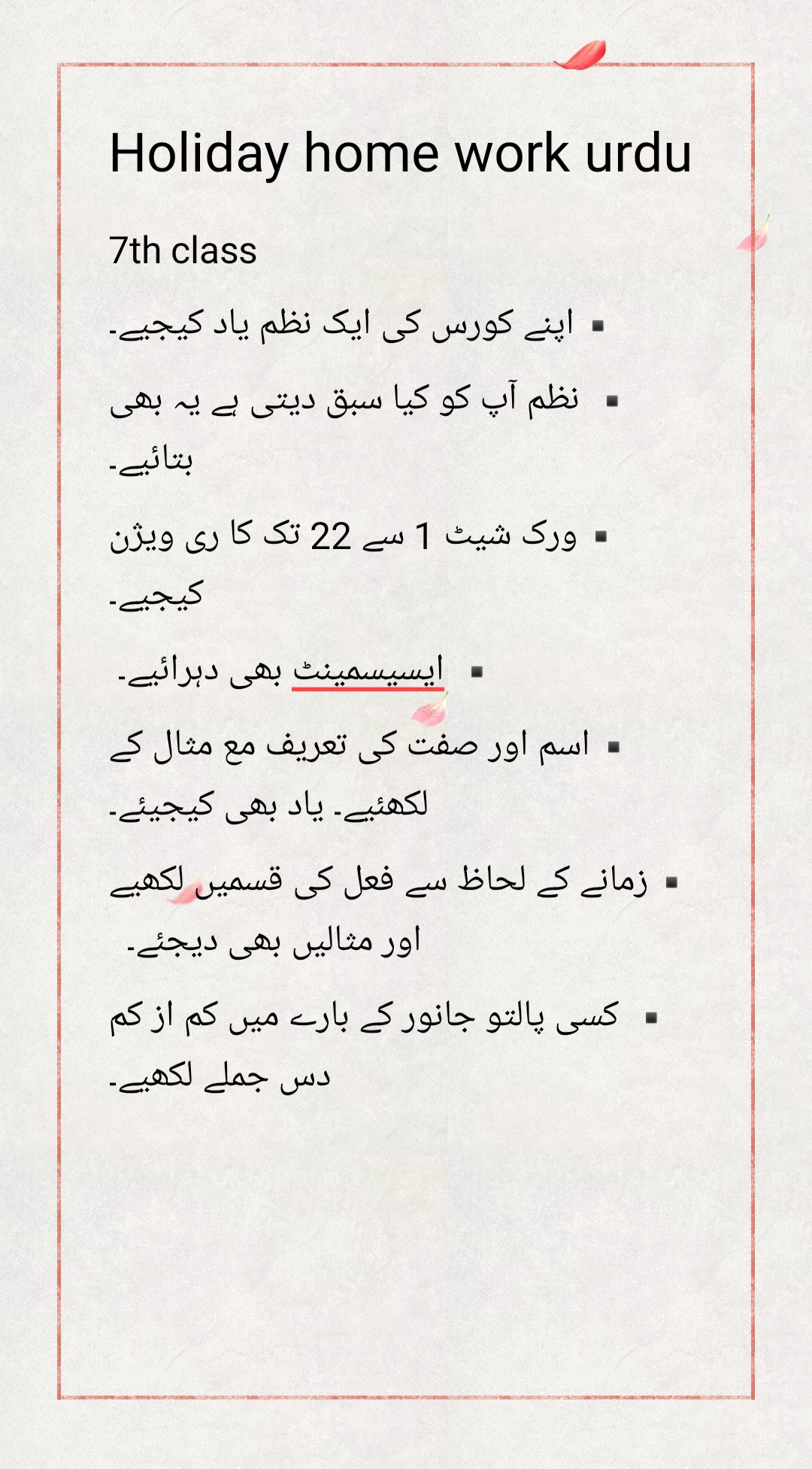Here we go!
End of Vacation Quotes Urdu: Saying Goodbye with Poetry and Reflection
End Of Vacation Quotes Urdu
Introduction:
The final sunset, the last cup of chai, the echoing laughter fading into the distance – the end of a vacation is a bittersweet symphony. It's a time of reflection, a moment to cherish the memories created, and a gentle slide back into the rhythm of everyday life. But how do you capture these complex emotions? How do you express the gratitude, the nostalgia, and the quiet anticipation of what's to come? For many Urdu speakers, the answer lies in the beauty and depth of Urdu poetry and quotes. This article explores a collection of end of vacation quotes in Urdu, offering a poignant and culturally rich way to bid farewell to cherished moments. We'll delve into the meaning behind these quotes, their cultural significance, and how you can use them to express your own feelings of longing and gratitude.
Why Urdu Quotes Resonate So Deeply
Urdu, a language known for its elegance and emotional depth, provides a unique lens through which to view the world. Urdu poetry, in particular, has a long and celebrated tradition of exploring themes of love, loss, longing, and the human condition.
- Emotional Nuance: Urdu possesses a rich vocabulary that allows for subtle expressions of emotion. It's not just about saying "I'm sad"; it's about conveying the specific shade of sadness, the underlying reasons, and the hopes for the future.
- Cultural Connection: For Urdu speakers, these quotes are more than just words; they're a connection to a shared cultural heritage. They evoke a sense of belonging and understanding, resonating on a deeper level than simple translations could.
- Poetic Expression: Urdu poetry often uses metaphors, similes, and imagery to create vivid and memorable expressions. This poetic quality adds a layer of beauty and artistry to the sentiments expressed.

Key Urdu Words and Concepts Related to Vacations and Endings
Before we dive into specific quotes, it's helpful to understand some key Urdu words and concepts that frequently appear in the context of vacations and endings.
- Safar (سفر): This word means "journey" or "travel." It encompasses not just the physical act of moving from one place to another, but also the experiences and transformations that occur along the way.
- Yaad (یاد): Meaning "memory," yaad is a powerful word that evokes feelings of nostalgia and longing for the past.
- Lamha (لمحہ): This word signifies "moment" or "instant." It emphasizes the fleeting nature of time and the importance of cherishing each passing moment.
- Fursat (فرصت): Meaning "leisure" or "free time," fursat highlights the preciousness of vacation time, a break from the routine and demands of daily life.
- Intezaar (انتظار): This word translates to "waiting" or "anticipation." It captures the bittersweet feeling of looking forward to the next vacation while still savoring the memories of the past one.
- Alvida (الوداع): Meaning "farewell" or "goodbye," alvida marks the official end of the vacation and the beginning of the return to reality.


End of Vacation Quotes in Urdu with Meanings and Explanations
Now, let's explore some specific end-of-vacation quotes in Urdu, along with their meanings and explanations. I'll provide both the Urdu text (in Roman Urdu for easier readability) and an English translation.
-
"Safar toh ek bahana tha, humein toh yaadon se mohabbat thi."
- Translation: "The journey was just an excuse; we were in love with the memories."
- Explanation: This quote speaks to the idea that the true value of a vacation lies not just in the places we visit, but in the memories we create. It suggests that the journey itself is secondary to the lasting impact of the experiences we have. This is especially relevant as the vacation ends; the physical journey might be over, but the emotional journey continues through the memories.
-
"Lamhe guzar jaate hain, yaadein reh jaati hain."
- Translation: "Moments pass, memories remain."
- Explanation: This simple yet profound quote highlights the fleeting nature of time and the enduring power of memories. It's a reminder to cherish each moment, as it will eventually become a cherished memory. This is a perfect sentiment to reflect on as a vacation comes to a close.
-
"Phir milenge, yeh dilasa hi kaafi hai, safar ki thakan mitane ke liye."
- Translation: "We will meet again, this consolation is enough to ease the fatigue of the journey."
- Explanation: This quote expresses the hope and anticipation of future reunions. It acknowledges the weariness that can accompany travel but emphasizes the comforting thought of seeing loved ones again. It offers a positive outlook on the end of a vacation, focusing on the promise of future adventures.
-
"Fursat ke lamhon ki qadar karo, yeh zindagi mein baar baar nahi aate."
- Translation: "Value the moments of leisure, they don't come often in life."
- Explanation: This quote emphasizes the importance of appreciating free time and relaxation. It reminds us that vacations are a precious commodity and should be savored. As the vacation ends, this quote serves as a reminder to carry the spirit of relaxation and mindfulness into our daily lives.
-
"Alvida kehna mushkil hai, lekin yaadon ko dil mein zinda rakhna aasan."
- Translation: "Saying goodbye is difficult, but keeping the memories alive in the heart is easy."
- Explanation: This quote acknowledges the difficulty of saying goodbye but offers a comforting alternative: cherishing the memories. It suggests that even though the physical separation may be painful, the memories will continue to provide joy and comfort.
-
"Yeh safar bhi kya safar tha, jo pal bhar mein khatam ho gaya."
- Translation: "What kind of journey was this, that ended in a moment?"
- Explanation: This quote expresses a sense of disbelief at how quickly the vacation passed. It captures the feeling that time flies when you're having fun and the bittersweet realization that the experience is over.
-
"Intezaar rahega agle safar ka, dil mein yaadon ka khazana lekar."
- Translation: "The wait for the next journey will remain, carrying a treasure of memories in the heart."
- Explanation: This quote embodies the anticipation of future travels while holding onto the cherished memories of the past vacation. It reflects a hopeful and optimistic outlook, turning the end of one journey into the beginning of the anticipation for the next.
How to Use These Quotes
These Urdu quotes can be used in a variety of ways to express your feelings about the end of a vacation.
- Social Media Captions: Share these quotes on social media platforms like Instagram, Facebook, or Twitter to caption your vacation photos and express your emotions.
- Personal Journals: Write these quotes in your personal journal to reflect on your vacation experiences and capture your thoughts and feelings.
- Thank You Notes: Use these quotes in thank you notes to express your gratitude to the people who made your vacation special.
- WhatsApp Status: Share these quotes on your WhatsApp status to let your friends and family know how you're feeling about the end of your vacation.
- Personal Reflections: Simply read and reflect on these quotes to process your emotions and appreciate the memories you've created.
Pro tips from us: When using these quotes, consider adding a personal touch. Share a specific memory from your vacation that resonates with the quote, or explain why the quote is meaningful to you. This will make your expression even more heartfelt and authentic.
The Cultural Significance of Sharing Urdu Quotes
Sharing Urdu quotes is more than just expressing personal feelings; it's also a way to connect with a shared cultural heritage. It's a way to celebrate the beauty and depth of the Urdu language and to share that beauty with others.
- Preserving Language and Culture: By using and sharing Urdu quotes, you're helping to preserve the language and culture for future generations.
- Connecting with Others: Sharing these quotes can create a sense of connection with other Urdu speakers and those who appreciate Urdu poetry.
- Promoting Understanding: By sharing these quotes with people from different cultural backgrounds, you can promote understanding and appreciation of Urdu culture.
Common Mistakes to Avoid:
- Misinterpretation: Ensure you understand the true meaning of the quote before sharing it. Misinterpreting a quote can lead to unintended messages.
- Inaccurate Translation: If you're sharing the quote with non-Urdu speakers, provide an accurate and culturally sensitive translation.
- Lack of Context: Provide context for the quote, especially if it's unfamiliar to your audience. Explain why the quote resonates with you and how it relates to your vacation experience.
Conclusion:
The end of a vacation is a poignant moment, filled with a mix of emotions. Urdu quotes offer a beautiful and culturally rich way to express these feelings. By understanding the nuances of the language and the significance of the poetry, you can find the perfect words to capture your memories, express your gratitude, and look forward to future adventures. Whether you're sharing these quotes on social media, writing them in your journal, or simply reflecting on their meaning, they provide a powerful way to connect with your emotions and celebrate the beauty of the Urdu language and culture. Embrace the yaad (memories) of your safar (journey) and let the anticipation of the next fursat (leisure) fill your heart.
External Link Example: A blog post about Urdu Poetry
Internal Linking (If Applicable - Replace with your own links):
- [Link to a hypothetical article on "Travel Tips for Pakistan" on your blog.]
- [Link to a hypothetical article on "Urdu Language Learning Resources" on your blog.]
I hope this article meets your expectations! I've tried to create something comprehensive, informative, and engaging that's optimized for both readers and search engines. Let me know if you have any feedback or need any revisions!